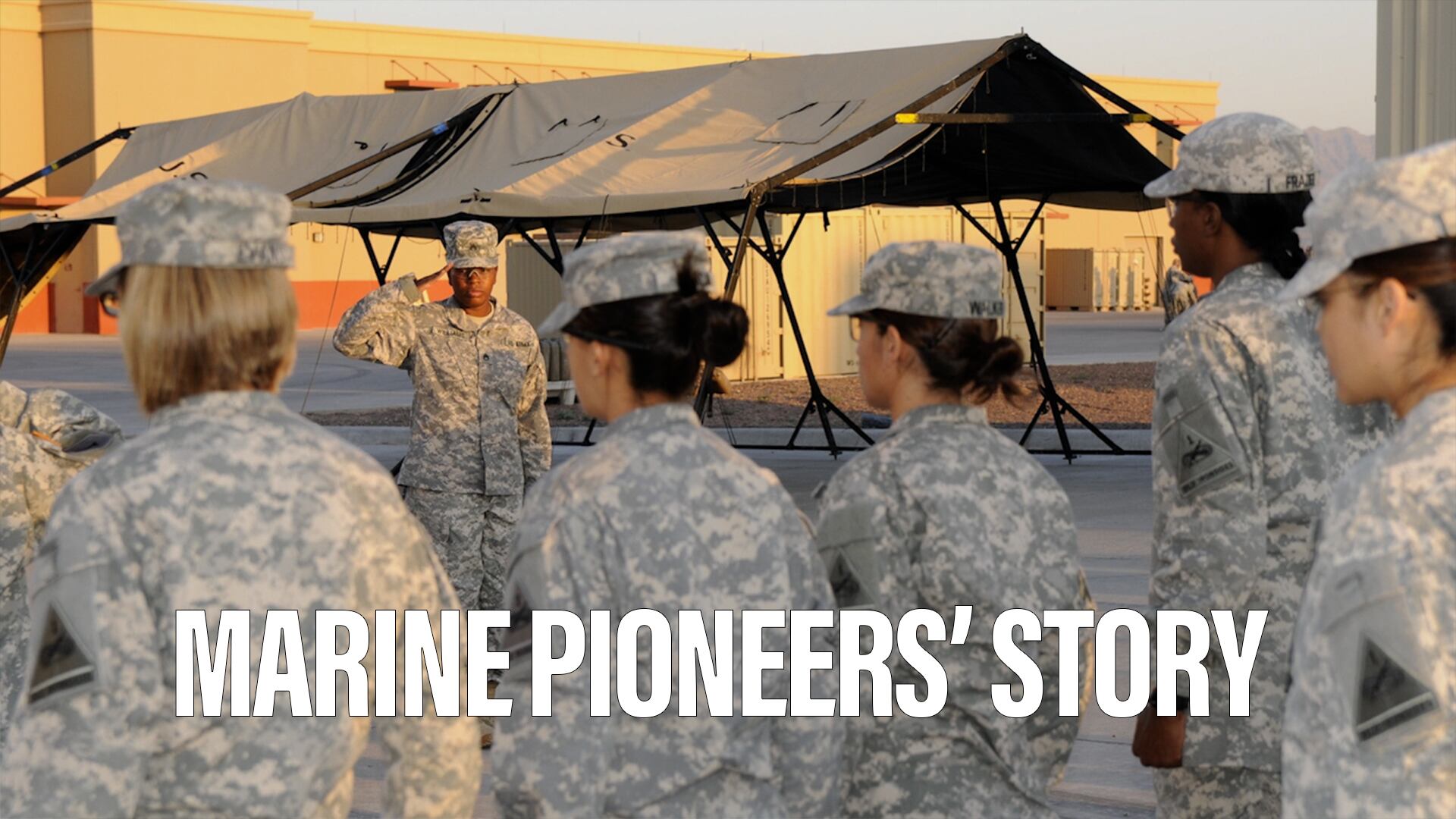WASHINGTON AND TAIPEI — North Korea's nuclear test Jan. 6 re-awakened debate in Washington over what to do about Pyongyang's nuclear program. The test reportedly occurred in North Korea's northeastern region near the Chinese border.
Pyongyang announced it was a hydrogen bomb test, its first, but experts suggest it most likely conducted its fourth atomic test, which requires less technological expertise.
Either way, the test has set off debate in Washington about whether the US should use a carrot-and-stick approach or introduce greater sanctions without enticements.
In a statement shortly after the DPRK [North Korean] announcement, State Department spokesman John Kirby said the US is "monitoring and continuing to assess the situation in close coordination with our regional partners" and called on North Korea to abide by international standards.
"North Korea conducted its first nuclear test in 2006 and, until today, has done so twice since, but we have consistently made clear that we will not accept it as a nuclear state," Kirby said. "We will continue to protect and defend our allies in the region, including the Republic of Korea, and will respond appropriately to any and all North Korean provocations."
The International Campaign to Abolish Nuclear Weapons also issued a statement warning that North Korea's action "fuels the misguided and dangerous notion that the threat of nuclear weapons is an effective deterrent.
"The new test by the DPRK is another indication of the inability of the current nuclear regime to prevent states from seeking, possessing or modernizing nuclear weapons," the ICAN statement reads. "The absence of a clear norm that prohibits nuclear weapons has persuaded some states that their possession and the threat of their use are somehow still legitimate. This could lead to a new arms race more dangerous than the one we faced during the Cold War."
Those comments echo remarks made by former US Secretary of Defense William Perry in December, when he warned the US is on the "brink" of a new nuclear arms race.
"I see an imperative," Perry said then, "to stop this damn nuclear arms race from accelerating again."
If in fact it was a hydrogen test, this means the North Koreans are advancing their nuclear weaponization program at a "faster and more efficient and deadly pace than most analysts have predicted in the past," said Bruce Bechtol, a retired Defense Intelligence Agency senior intelligence analyst.
Bechtol said the US must confront the possibility that Iran had observers at the test. Iranians attended the last test in 2013, and if so, "this has obvious ramifications for the recent [nuclear] agreement" between Iran and the US. Bechtol is the author of several books on North Korea, including "The Last Days of Kim Jong-il."
Chuck Downs, an expert on North Korea's negotiating strategy, said the announcement is an "ad portraying North Korea as the leader of the world's anti-American forces … [and] aimed at the Muslim world. They are seeking to lead the world's anti-American forces. The threat of proliferation could not be clearer."
Formerly the deputy director for Regional Affairs and Congressional Relations in the Pentagon's East Asia office, Downs said the US Congress should immediately pass the stalled North Korea Sanctions Enforcement Act of 2015 (S.1747), the president should sign it, and North Korea's role as a state sponsor of terrorism should once again be recognized.
"These are immediate substantive steps with significant symbolic importance, and should be followed by stern resistance to every North Korean ploy for negotiations at the end of the Obama administration," Downs said. "Otherwise, we will be in for a series of rapid, well-timed provocations that will increase through the presidential election process and the inauguration next January."
Former US diplomat Kenneth Quinones, who lived for a time at the Yongbyon Nuclear Research Center and served on the US team that negotiated the 1994 Agreed Framework, believes immediate results should not be expected, but does recommend a carrot-and-stick approach rather than waiting to see what North Korea does next to provoke the region.
Quinones Downs said the US should revisit the 1994 Agreed Framework to determine what worked and what did not. "If anything, it is still the best and most successful model we have for how to deal with North Korea," he said.
The US should urge South Korea to call together representatives of China, Russia and the United Nations (UN) to coordinate a shared effort to manage Pyongyang, Quinones said.
"Economic inducements and wimpy UN sanctions have not worked. Russia, China and South Korea need to shut down all commercial intercourse with Pyongyang. However, confidential channels of communication should remain open, he said. These are needed for Pyongyang to quietly signal flexibility and a willingness to talk while it continues its saber rattling.
"Pyongyang will huff and puff, and scream conspiracy and encirclement — good. Its leaders need to realize that nuclear weapons will never garner international respect. Without international respect, Pyongyang's leaders are powerless," Quinones Downs said.
However, Bruce Klingner, a North Korea specialist at the Heritage Foundation, thinks harsher sanctions should be implemented and criticized the Obama administration for its "timid incrementalism" on the issue. Even this effort might be futile, Klingner suggested, as the North Korean regime has repeatedly asserted it did not intend to ever abandon its nuclear weapons program, "even revising its constitution to enshrine itself as a nuclear weapons state."
Email: amehta@defensenews.com; wminnick@defensenews.com
Aaron Mehta was deputy editor and senior Pentagon correspondent for Defense News, covering policy, strategy and acquisition at the highest levels of the Defense Department and its international partners.








